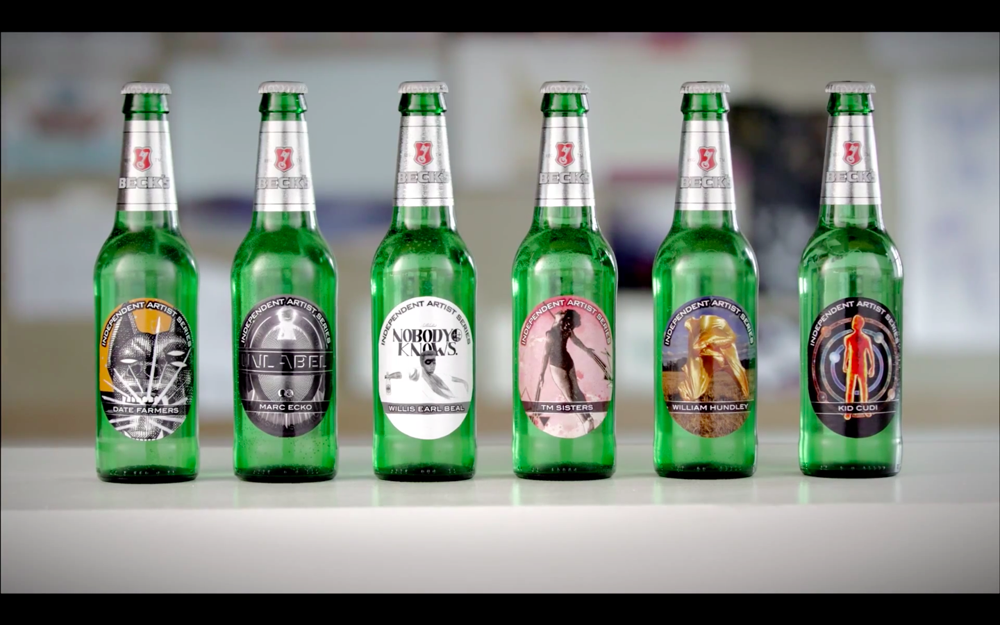Becks Beer Story
Becks beer, also known as Brauerei Beck & Co., is a popular lager brewed in Bremen, northern Germany. In 2001, Interbrew agreed to purchase Becks Brewery for 1.8 billion euros. The acquisition made the brewer the fourth largest in Germany. In 2002, Interbrew announced that it would continue to produce Becks beers under the Beck’s brand. In 2007, the company reached a new milestone, becoming the largest German brewing company.
Brewing Becks beer started in medieval Bremen, a city on the Weser River. During the Middle Ages, Bremen was a major port for trade and an important member of the Hanseatic League, an elite group of German merchants. During this period, the merchant class in Bremen tightly controlled trade and shipping across Northern Europe. Its influence lasted for centuries, and it is still sold in some parts of the former Soviet Union.
The company moved its production to Bremen and St. Louis in the 1960s and eventually to a brewery in New Jersey. In 2012, the brewery closed down and the brewing operations moved to St. Louis, Missouri. The move resulted in the withdrawal of some customers who complained of a change in the quality of the product. However, Beck’s continued to follow its original recipe and brews today. In the United States, the brewer began exporting Beck’s products through Dribeck Importers Inc., a company that began in Greenwich, Connecticut, in 1964.
After Anheuser-Busch InBev bought the company in early 2012, the Becks brewery began manufacturing the brand in St. Louis. The move created a backlash among consumers who felt cheated by the lack of quality. The company settled the lawsuit and discontinued the slick advertising. Many consumers still found that Becks was not as high quality as it once was, and the new company has a hard time gaining back those customers.
In an effort to win the case, Anheuser-Busch agreed to make Beck’s beer in Germany. The new company is headquartered in St. Louis. The brewery began producing the beer in 2012, and in 2013, the move caused a backlash among consumers. A majority of customers claimed that the change affected their quality. Moreover, the new location of the brewery made the branding of the lager more clear. There are other changes in the company’s production.
After the merger, Luder Rutenberg hired a team of businessmen. The team merged Beck with AmBev, which became InBev. In addition to Becks beer, the two companies renamed their U.S. subsidiary to Beck’s North America. The company now owns a quarter of the world beer market. Its name is now synonymous with quality. When compared to other beers, the lager has a slightly higher alcohol content than the standard beer.

Über den Autor